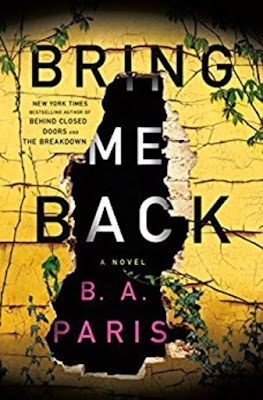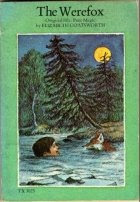69. The Cay by Theodore Taylor
 The Cay by Theodore Taylor (Canada) - (US)
The Cay by Theodore Taylor (Canada) - (US) The Cay series
Pages: 144
Ages: 9+
Finished: Mar. 16, 2011
First Published: 1969
Publisher: Avon Camelot
Genre: children, historical fiction, survival, shipwreck, WWII
Rating: 4/5
First sentence:
Like silent, hungry sharks that swim in the darkness of the sea, the German submarines arrived in the middle of the night.
Acquired: Purchased a used copy from a book/garage sale or thrift shop.
Reason for Reading: This is another book from the Randomly Selected Bookshelf that I am reading from this year. I'm pretty sure I've read this before but it must have been as a kid, because I didn't really remember the story. My son loves shipwreck/survival stories so this one will definitely be going in the bedtime reading pile for his dad to read to him.
Phillip is twelve and lives in the West Indies, has ever since he was four, on the island of Curacao. World War II is in full swing, the year is 1940 and the West Indies have refineries which are supplying gas, kerosene, etc. But the German U-Boats have finally come to strike this important part of the Allied War Effort. Phillip's mother has always hated it here and wanted to go back to Virginia; she also is very prejudiced against the black people and tells Phillip her racist thoughts frequently, though he has never seen her point. He enjoys going down to the docks and watching the West Islanders work and talking to them. After the bombing she insists that it is time she take Philip back home but their ship is torpedoed and Philip ends up on a raft with a "Negro", Timothy. Philip has been injured on the back of the head by something very hard and goes in and out of consciousness, though he soon gets better except for the sore head.
Part of the story tells of their survival on the raft, they have water and food which Timothy rations strictly. Their relationship is strained. Timothy doesn't talk much, works to keep them alive and is often blunt and to the point, though never rude. Philip takes this the wrong way, starts to think maybe his mother is right and blacks are different, which makes Philip take a haughty tone with Timothy.
The second part of the story deals with their survival on the uninhabited little island they drift upon. It has no fresh water and they depend on the rain, but food is plentiful. Philips eyesight starts to go grey until he is eventually goes blind but before this happens he and Timothy have an argument where Philip calls him racial names. Their strained relationship is at an apex. Philip's blindness creates an entire new meaning to the word survival and with the whole world dark he reexamines what black and white mean.
This is a fantastic story of survival, friendship, race relations, love and truth. The book has a few exciting moments when extreme events happen but mostly it is a more realistic, quiet, day in, day out, survival story where the relationship between Timothy and Phillip is as much what the story is about as how they manage to survive so long on that island. A good book. One that boys will especially enjoy. Also recommended for older reluctant readers because of its mature storyline and short number of pages.


Well, that cover looks very familiar to me. I am thinking it was a book I read in school. That brings back some memories because it would have been like elementary school or first part of junior high.
ReplyDelete